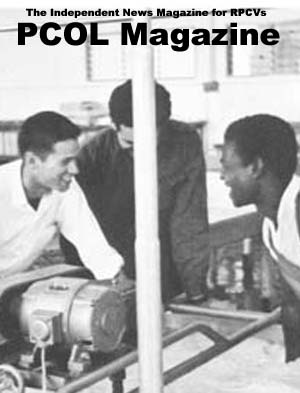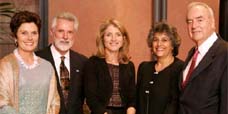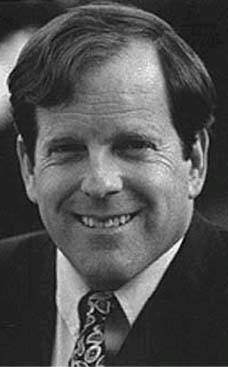
"Mmission-oriented organizations would be much better off concentrating their resources on selecting employees who buy into the organization's mission on the front end, rather than on incentivizing them later," concludes Besley. The Peace Corps knows this. "Our selection process is all about weeding out people who might want to join for the wrong reasons," says Butler.
The Peace Corps selection process is all about weeding out people who might want to join for the wrong reasons
Helping Do-Gooders Do Their Best
Getting the most out of some employees requires smart hiring, not bonuses
By Alana Conner Snibbe
Stanford Social Innovation Review
Fall 2005
For over 40 years, the heart of many an idealistic American has quickened at the sight of Peace Corps slogans:
"The toughest job you’ll ever love."
"Never have to start sentences with ‘I should’ve...’"
"Life is calling. How far will you go?"
These slogans are a first step in selecting the kinds of employees that the Peace Corps wants. "Peace Corps volunteers need to be motivated by their passion," says Edina Butler, a recruitment coordinator for the Seattle regional office of the Peace Corps.
"They should want to learn about another culture and to make themselves useful to other people in the world." Recruiting employees whose personal preferences already match the organization’s mission – not offering performance- based bonuses – is the secret to getting employees to do their best in the "mission-focused sector," suggest economists Timothy Besley and Maitreesh Ghatak. In their July 2005 American Economic Review article, the London School of Economics researchers mathematically modeled how bonus pay affects the performance of profit-seeking versus mission focused workers. They also compared mission-focused organizations where employers and employees agreed on mission versus those where they disagreed.
"Lately there has been this obsession with the need to provide more performance-based incentives, especially in government organizations," says Besley, noting that bonuses should not be confused with base pay. "People say: ‘Look at Goldman Sachs. They seem to be doing well.
What are they doing differently?’ Yet there is a very good reason why pay-for-performance doesn’t usually work in this part of the economy." That reason is the employees. Unlike employees who choose the for-profit sector, mission- oriented employees are intrinsically motivated to pursue their organization’s goals, as opposed to making money. In other words, they run on their own ideological steam. Thus dangling dinero does not necessarily make them more productive, the authors find.
Instead, ensuring that employees and employers have the same mission in mind is what makes these organizations most productive. And so "mission-oriented organizations would be much better off concentrating their resources on selecting employees who buy into the organization’s mission on the front end, rather than on incentivizing them later," concludes Besley.
The Peace Corps knows this. "Our selection process is all about weeding out people who might want to join for the wrong reasons," says Butler.
The agency’s lengthy, nine- to 12- month application process includes an essay-heavy written application, an interview, medical and dental exams, and reference checking. "We make sure applicants know what they’re getting into, and that they have the maturity, judgment, and work ethic to make the most of their experience." Because mission matching is what drives excellence in the social sector, "Competition works differently [there]. It doesn’t work so much to select out weak performance, but to sort people into the right types of organizations," says Besley.
To increase the chances that mission- focused people find an organization that suits their style, they need a panoply of organizations from which to choose. The authors thus argue for decentralization of public services.
They also suggest that employers can close mission gaps by adjusting their missions to more closely resemble their employees’ goals. If employees and employers cannot be matched on mission, bonuses may indeed be needed to power productivity.
Besley admits that "the nonprofit sector is already ahead of the game" in thinking about how to motivate their already-motivated workers.
"Convincing professional economists to think differently about mission focused people [as opposed to profit seeking people] is another matter."













